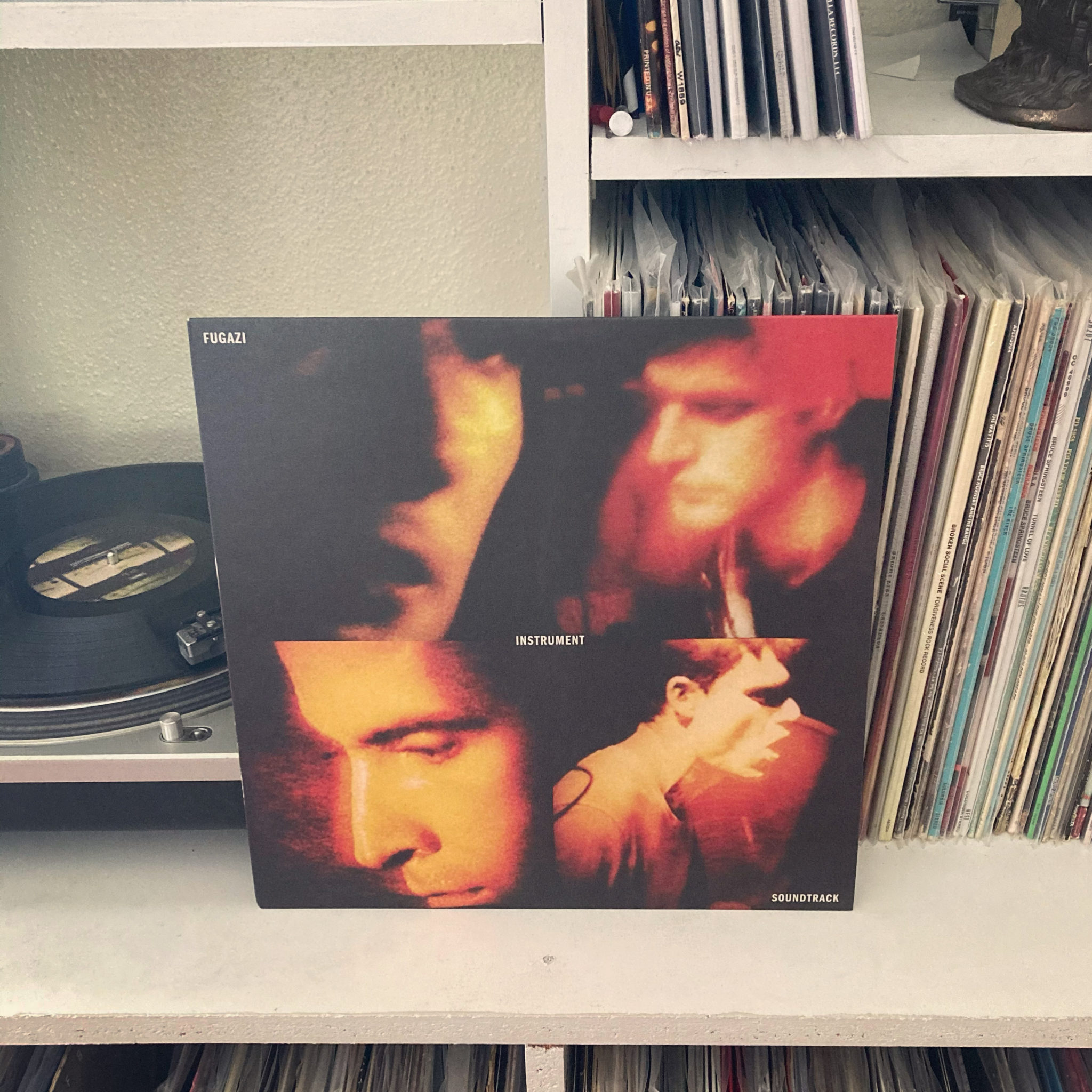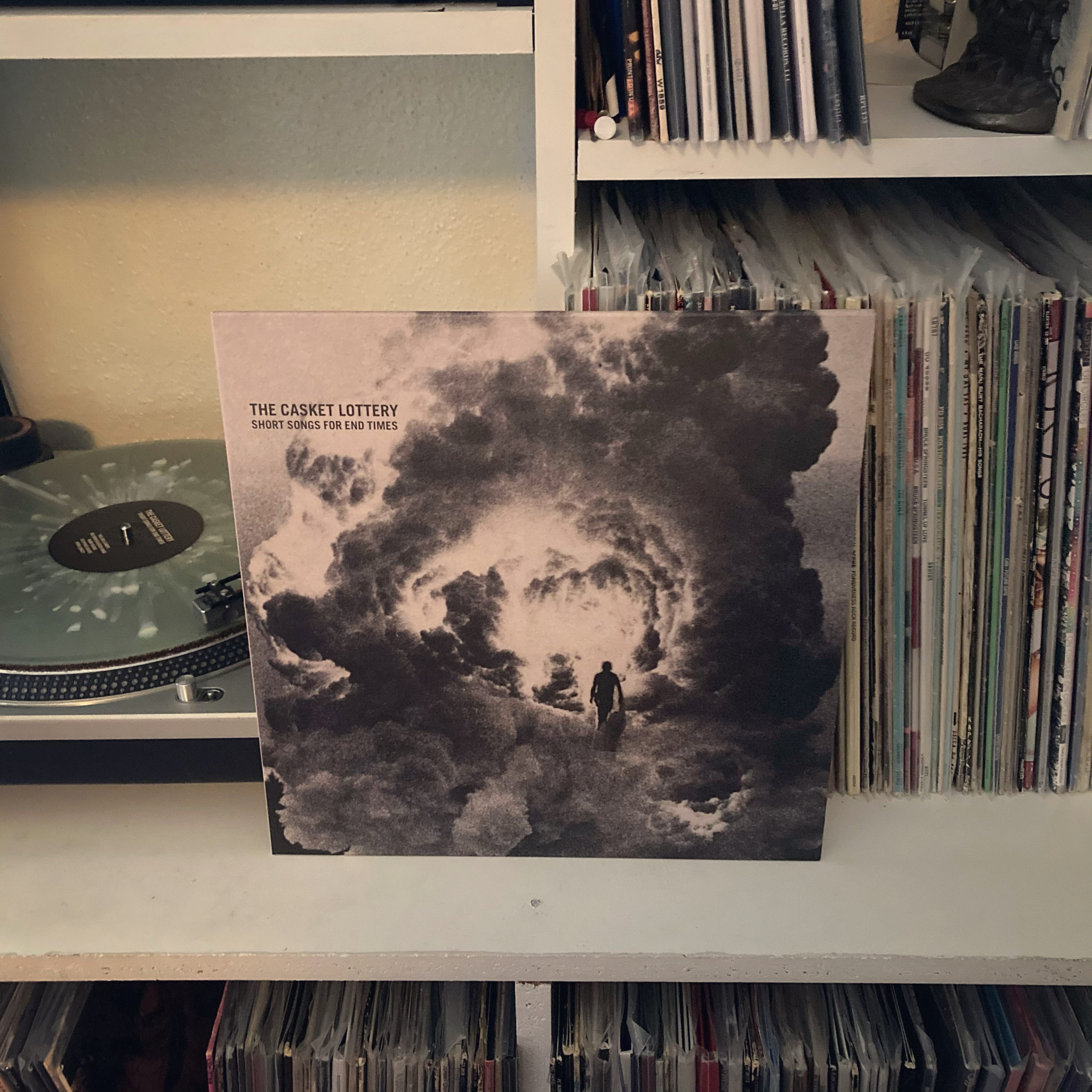 For much of my life as a fan of punk, hardcore, and emo music, I have come to trust Dischord Records almost implicitly. The Ian MacKaye-founded DC label has released many of my favorite bands of the 80s and 90s, including Rites of Spring, Jawbox, Minor Threat, and of course, Fugazi. Their roster is filled with bands that practically defined post-hardcore and emo without ever falling into cliche.
For much of my life as a fan of punk, hardcore, and emo music, I have come to trust Dischord Records almost implicitly. The Ian MacKaye-founded DC label has released many of my favorite bands of the 80s and 90s, including Rites of Spring, Jawbox, Minor Threat, and of course, Fugazi. Their roster is filled with bands that practically defined post-hardcore and emo without ever falling into cliche.
And so it’s strange to me that it took me until this year to hear of Lungfish. Even among the Dischord catalog, the Baltimore art rock band sounds alien and a little unsettling—yet strangely beautiful at the same time, like a moment of spiritual transcendence.
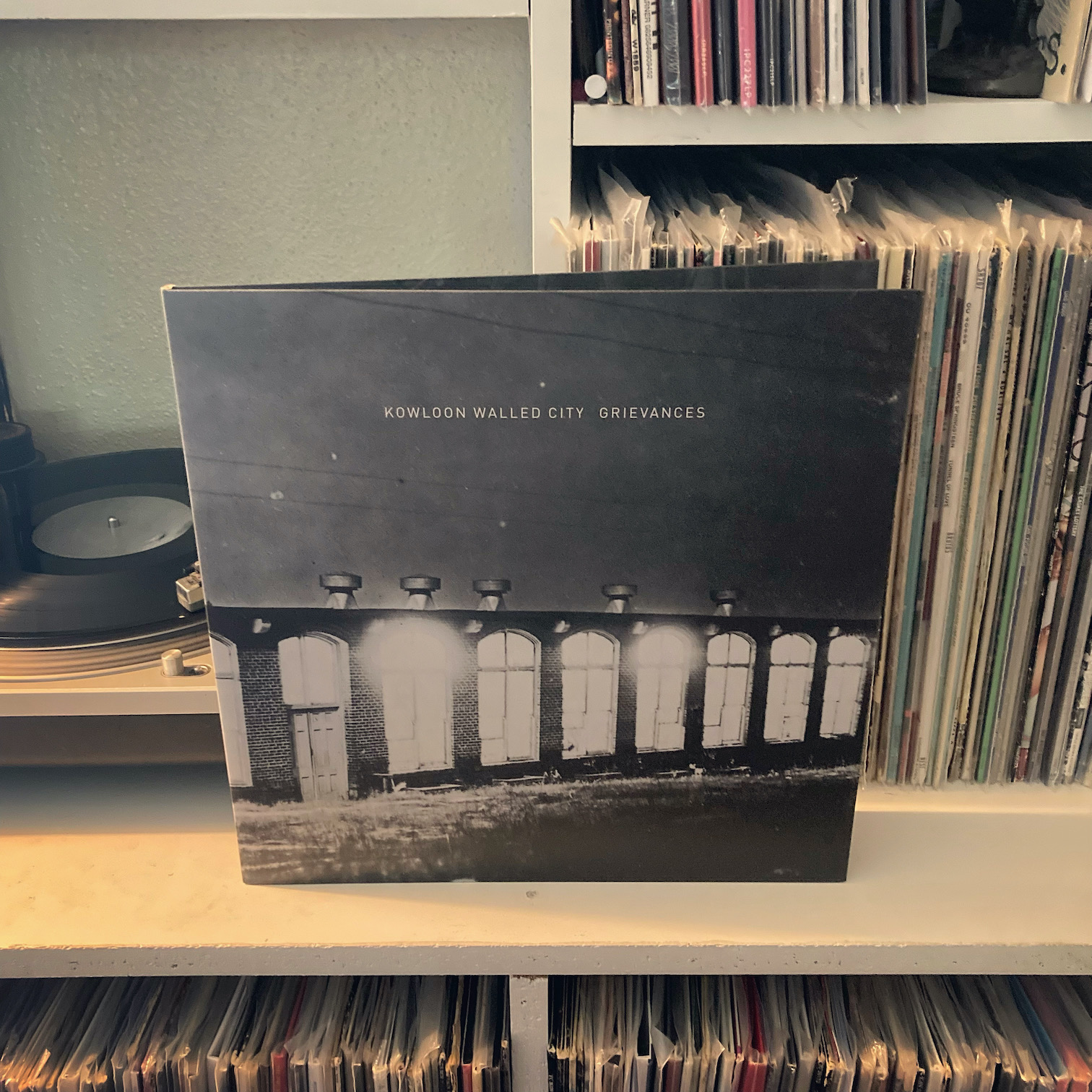
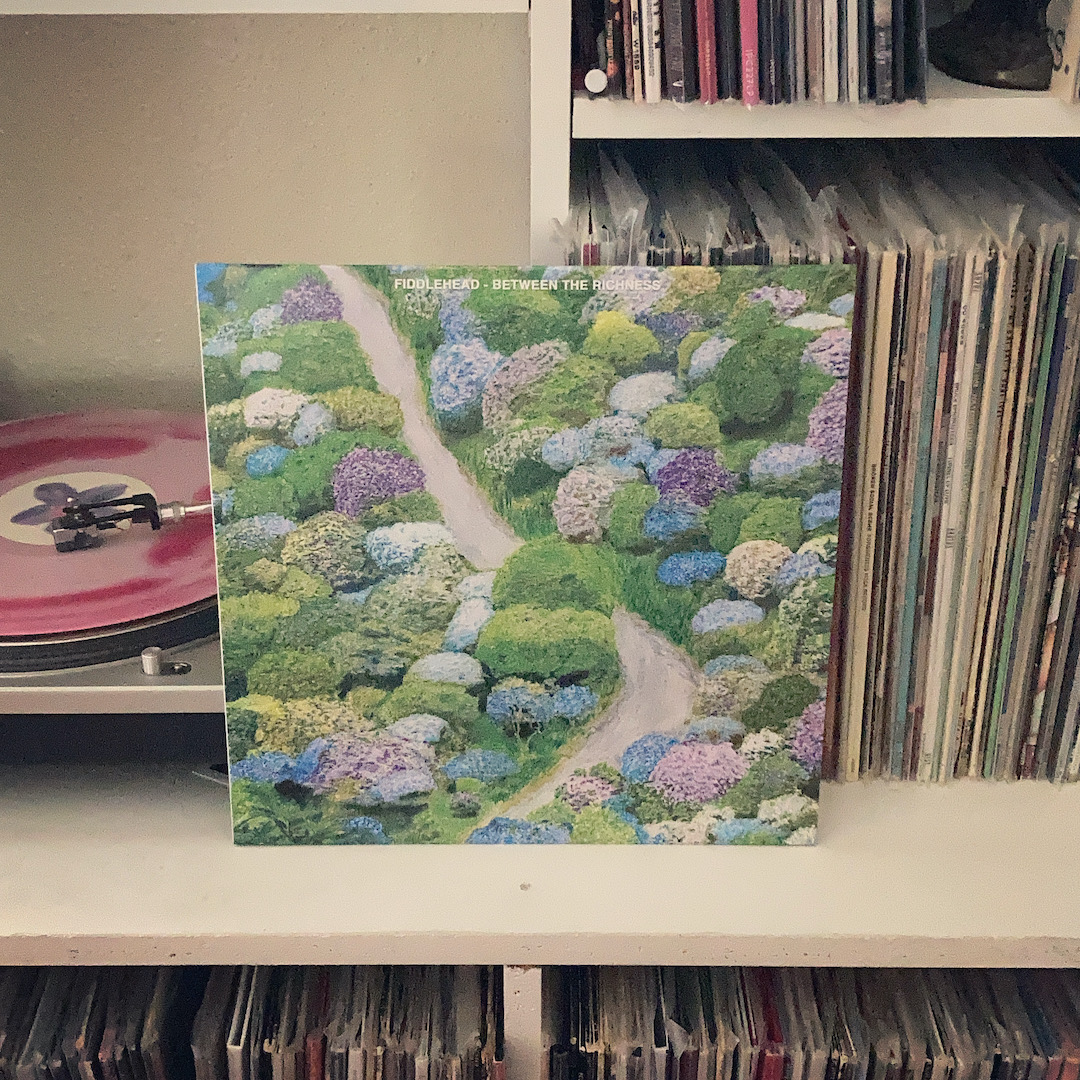 In 2018, members of hardcore legends Have Heart and post-hardcore heroes Basement released
In 2018, members of hardcore legends Have Heart and post-hardcore heroes Basement released 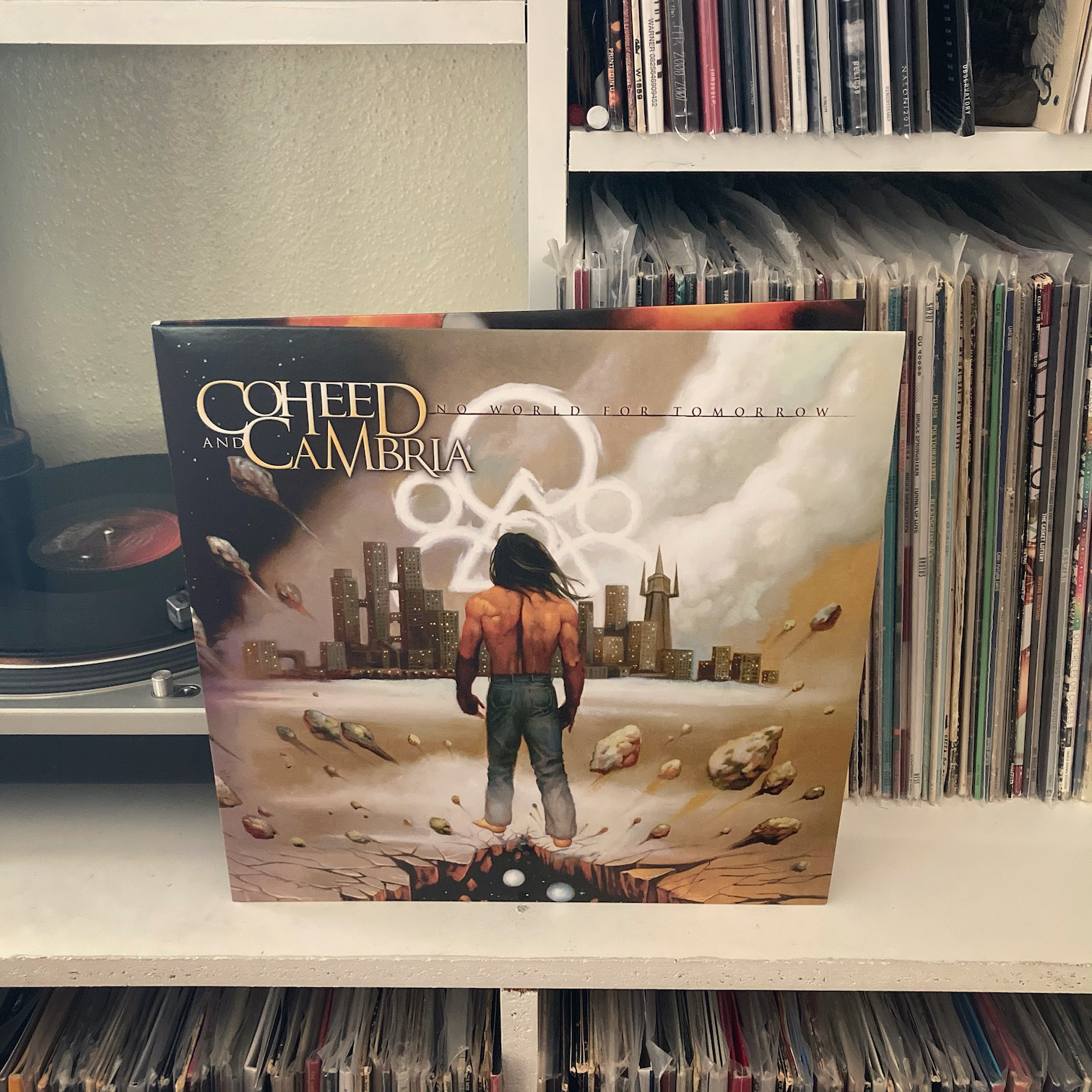 Coheed & Cambria attracts a lot of criticism for their… whole deal. Sci-fi prog rock concept albums based on a comic book written by the lead singer who then sings about genetic wars and space armadas in an androgynous elf voice isn’t exactly a recipe for mainstream success. But at their best, Coheed has a gift for wrapping these weirder elements up in sugary sweet pop hooks and classic rock tropes.
Coheed & Cambria attracts a lot of criticism for their… whole deal. Sci-fi prog rock concept albums based on a comic book written by the lead singer who then sings about genetic wars and space armadas in an androgynous elf voice isn’t exactly a recipe for mainstream success. But at their best, Coheed has a gift for wrapping these weirder elements up in sugary sweet pop hooks and classic rock tropes. Looking back, it makes no sense that
Looking back, it makes no sense that  One of the more interesting things about music to me is how we attempt to categorize and classify according to imperfect terminologies—and more specifically, how that terminology changes over time.
One of the more interesting things about music to me is how we attempt to categorize and classify according to imperfect terminologies—and more specifically, how that terminology changes over time.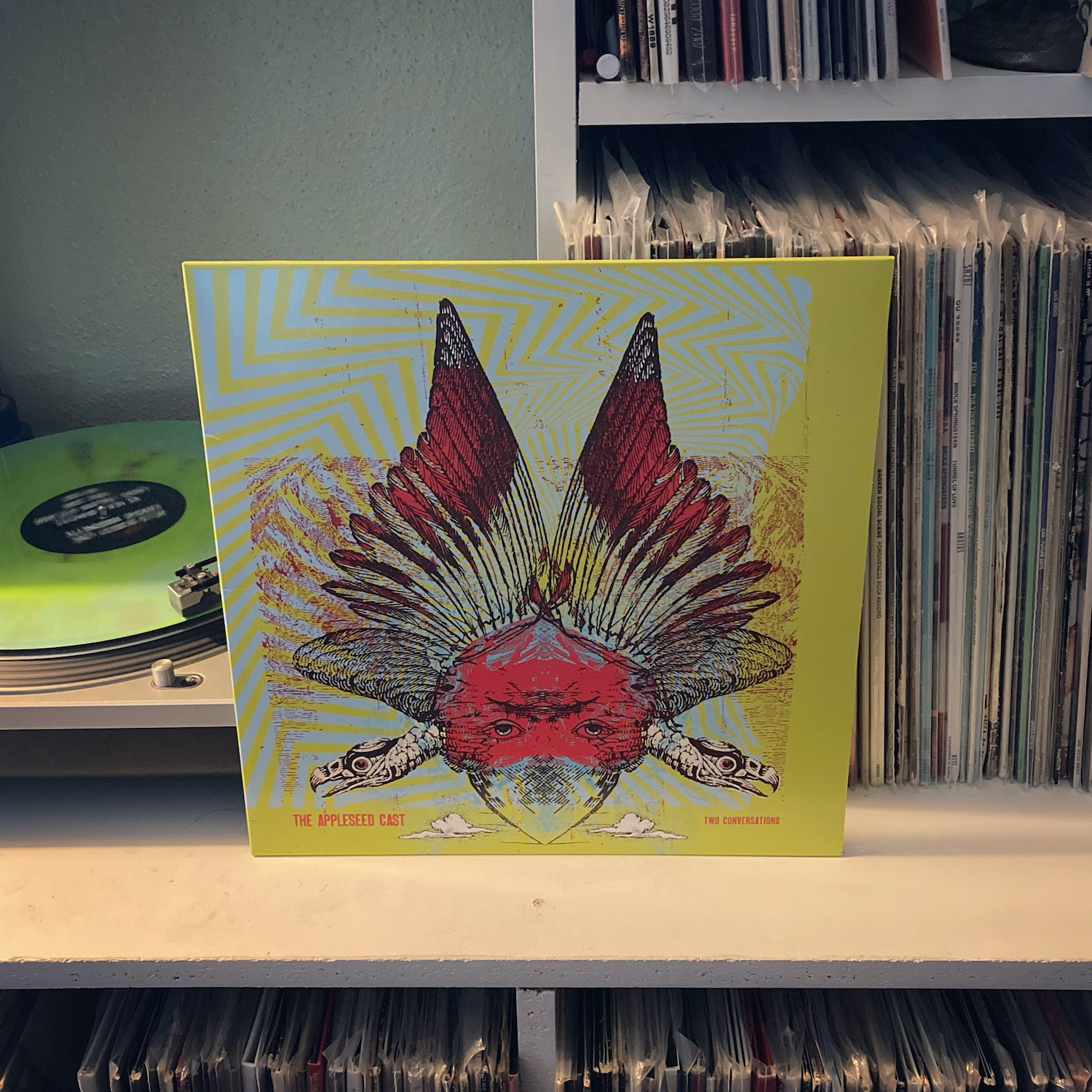
 Last summer, in the midst of global pandemic, some friends and I started a remote band called
Last summer, in the midst of global pandemic, some friends and I started a remote band called 